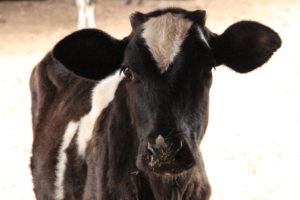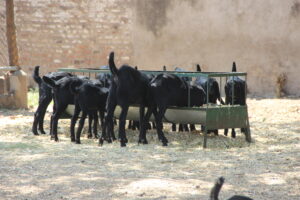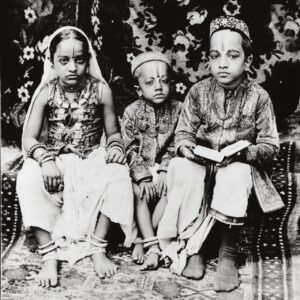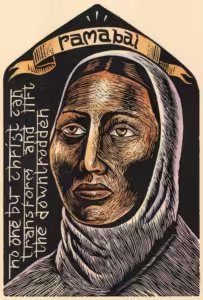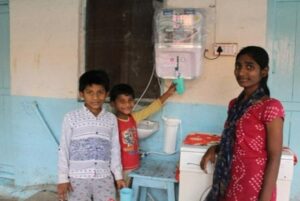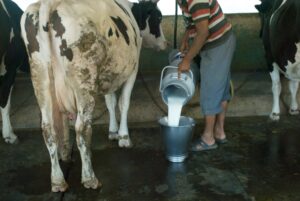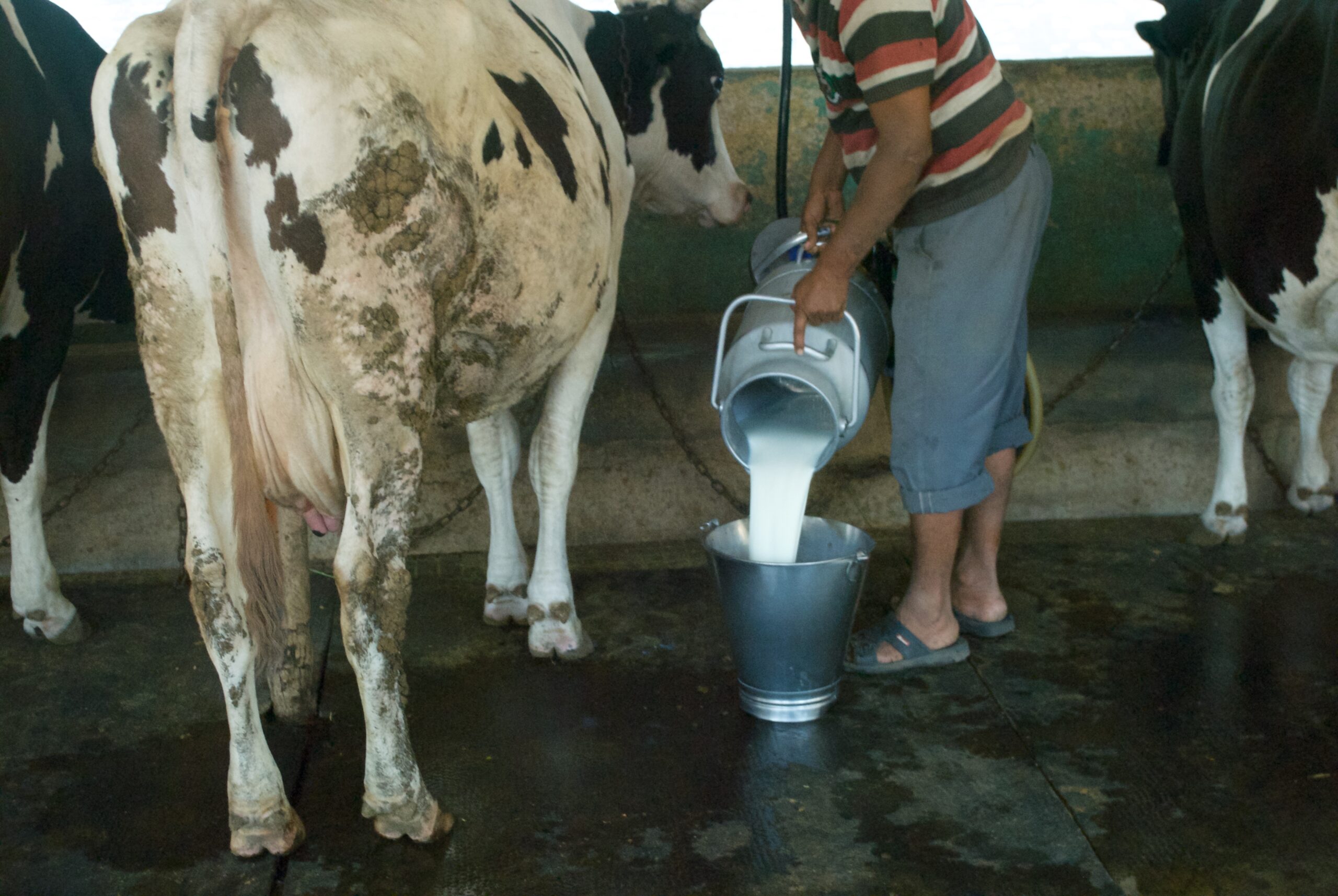
Dairy farming has been an integral part of Indian agriculture for centuries, providing essential nutrition and livelihood to millions. However, operating a dairy farm in India comes with unique challenges, some of which are rooted in cultural and religious beliefs. Among these challenges are restrictions on raising cows due to their sacred status and the dilemma of what to do with cows once they are past their prime productive years. These are the issues that the dairy at Pandita Ramabai Mukti Mission faces as they seek to be an Eco-Friendly Farm.
The Sacredness of Cows: A Cultural Dilemma
In India, cows hold a deeply revered status and are considered sacred animals by the majority Hindu population. The cow is often seen as a symbol of motherhood, fertility, and abundance, and it is even worshipped as a representation of the divine. This cultural significance has led to the implementation of cow protection laws in various states, making it illegal to harm or slaughter cows in many regions.
While this sacredness reflects the rich cultural heritage of India, it poses challenges for dairy farmers when it comes to addressing unproductive or aging cows. Cows that have outlived their productive years are no longer economically viable for milk production, yet their sacred status makes it difficult for farmers to make practical decisions regarding their care or disposal. Striking a balance between honoring cultural beliefs and ensuring the sustainability of the dairy operation becomes a delicate task for all dairies and Mukti Mission as well.
Economic Constraints and Ethical Dilemmas
Maintaining unproductive cows in a dairy farm incurs considerable costs for Mukti Mission. These animals require food, water, shelter, and medical care, adding financial strain to the already limited resources of the Mission. Additionally, the space and resources dedicated to unproductive cows could otherwise be utilized for productive purposes, potentially impacting the overall sustainability of Mukti’s dairy farm.
As a result, some farmers face ethical dilemmas regarding the fate of aging cows. Selling the cows for slaughter, which would be a common practice in many countries, is often not a viable option due to legal restrictions and cultural sensitivities. Consequently, some farmers resort to abandoning cows on the streets or in rural areas, leading to an increase in stray cow populations, creating safety hazards, and putting additional strain on resources and the environment.
Promoting Sustainable Solutions
Addressing the challenges of operating a dairy farm in India requires a multi-faceted approach that considers both the cultural significance of cows and the need for economic and environmental sustainability. Several initiatives and practices can be adopted to promote a more balanced approach:
Retirement Sanctuaries: Establishing retirement sanctuaries or goshalas for aging cows can provide a humane solution. These facilities could be managed by communities, NGOs, or government agencies, where cows can peacefully live out their lives with proper care.
Improving Productivity: Investing in technologies and practices that enhance cow productivity can reduce the number of unproductive animals. Genetic selection, better nutrition, and veterinary care can prolong the productive lifespan of cows.
Bio-Gas Production: Utilizing cow dung for bio-gas production can serve as a sustainable way to manage waste while generating energy for the dairy farm or the local community.
Public Awareness: Educating the public about responsible cow ownership and the challenges faced by dairy farmers can foster greater understanding and support for sustainable solutions.
Transitioning to Goat Herding: Goats are not sacred in the same way as cows in India. Therefore, moving towards a goat herd would avoid conflict with the issues of sacredness and the poor practices of abandoning non-productive cows.
Operating a dairy farm in India comes with unique challenges, particularly in navigating the sacredness of cows and addressing the issue of unproductive animals. As India seeks to balance its rich cultural heritage with economic and environmental sustainability, finding practical and compassionate solutions is essential. By fostering public awareness, investing in productivity-enhancing practices, and creating retirement sanctuaries, India can promote a more sustainable and ethical dairy industry, ensuring the well-being of both cows and dairy farmers.
